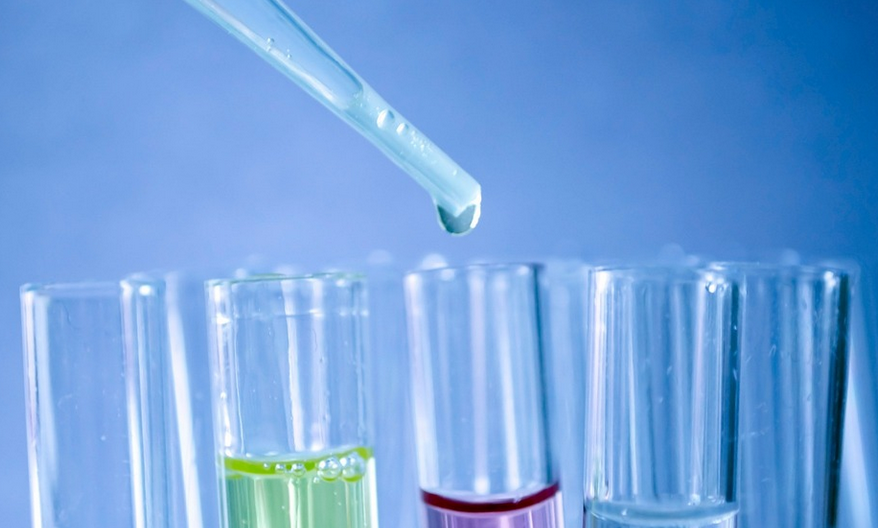Chemical fertilizers have been widely used in agriculture for many years. Farmers use these fertilizers to increase crop yield and to ensure that their plants grow quickly and healthily. However, the use of chemical fertilizers can have a negative impact on the soil and the environment. In this article, we will discuss how chemical fertilizers are harmful to soil.
What are Chemical Fertilizers?
Chemical fertilizers are synthetic substances that are added to the soil to increase the amount of nutrients available to plants. These fertilizers are made up of different compounds that provide essential nutrients like nitrogen, phosphorus, and potassium to plants. Chemical fertilizers are available in various forms like granules, powders, and liquids.
How do Chemical Fertilizers Affect Soil?
Chemical fertilizers can have harmful effects on soil quality. When chemical fertilizers are applied to the soil, they can increase the soil’s acidity, leading to a decrease in soil quality. The excessive use of chemical fertilizers can also lead to soil compaction, which can make it difficult for plants to grow. Moreover, chemical fertilizers can also cause soil erosion, leading to a loss of topsoil and soil structure.
The Negative Environmental Impact of Chemical Fertilizers
The use of chemical fertilizers can have negative environmental impacts. The chemicals in these fertilizers can leach into groundwater, leading to contamination. Moreover, the excessive use of chemical fertilizers can also lead to the eutrophication of water bodies, leading to the death of aquatic life. The production of chemical fertilizers also generates greenhouse gases, contributing to climate change.
Alternatives to Chemical Fertilizers
Using organic fertilizers like compost, manure, and green manure can be an alternative to chemical fertilizers. These organic fertilizers are rich in nutrients and can improve soil quality. Crop rotation, intercropping, and cover cropping can also help improve soil quality.
The Bottom Line
The use of chemical fertilizers can have a negative impact on soil quality and the environment. The excessive use of these fertilizers can lead to soil compaction, soil erosion, contamination of groundwater, eutrophication of water bodies, and climate change. Using organic fertilizers and other sustainable agricultural practices can be an alternative to chemical fertilizers.
References:
1. https://www.nature.com/articles/s41598-019-53825-2
2. https://www.sciencedirect.com/science/article/pii/
3. https://www.sciencedirect.com/science/article/abs/pii/S1352231017303529
4. https://www.sciencedirect.com/science/article/abs/pii/S0167880916302673
5. https://www.sciencedirect.com/science/article/abs/pii/S146290111300067X

